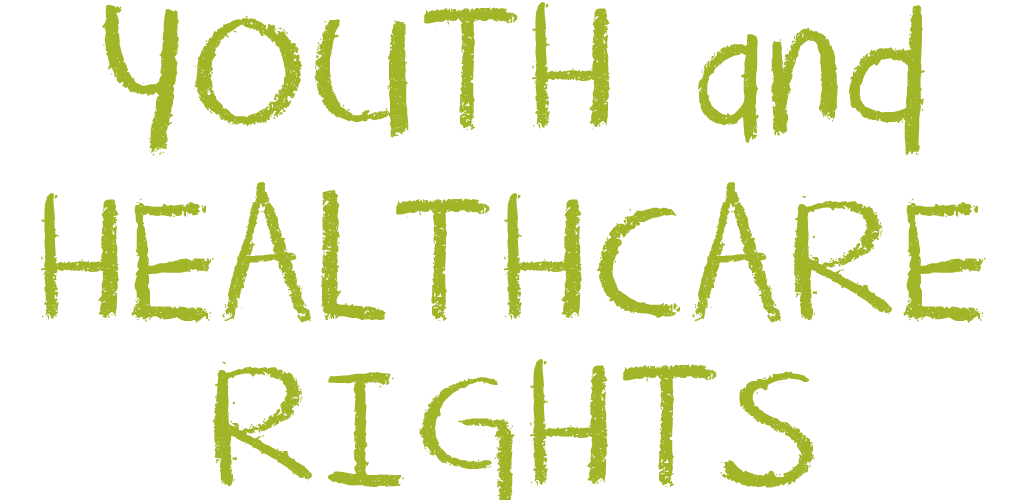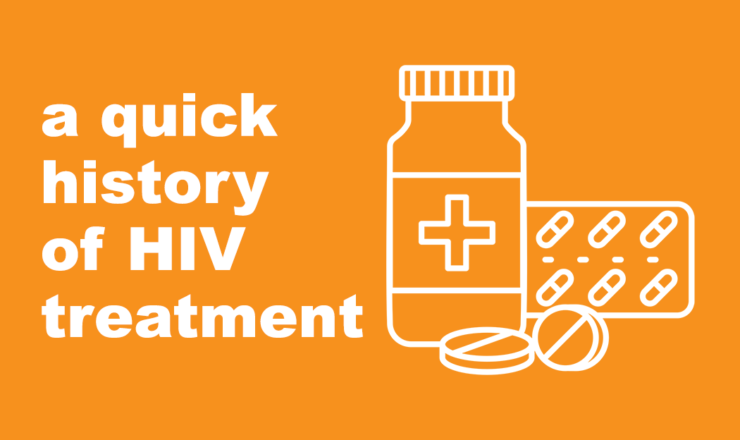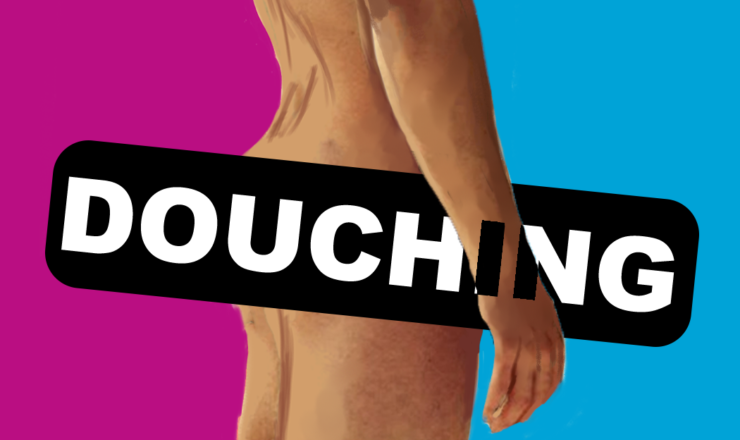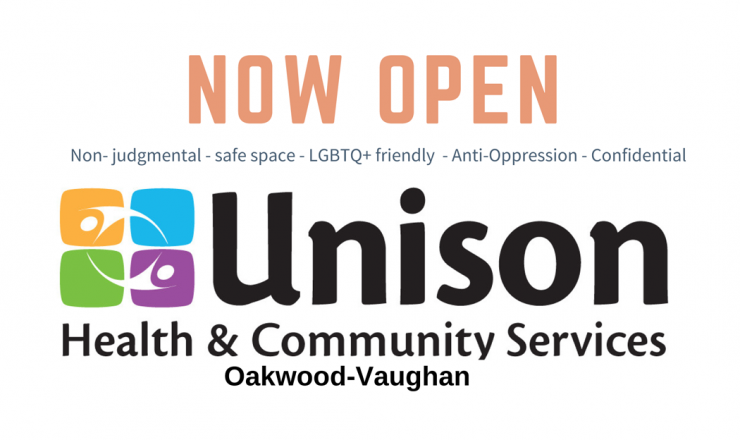Youth and Healthcare Rights
By Teen Health Source
Did you know that in Ontario there is no minimum age that a person needs to be to consent to medical treatment?
The official term is Consent to Treatment, and this is determined by whether or not a clinician thinks that a client understands what’s going on and is capable of consenting to medical treatment or procedures, regardless of age. This means that, legally speaking, you technically don’t need your parent’s permission to go get an STI test, to get a prescription for birth control, to get an abortion, etc.
Now, we say “legally speaking” because we know that this doesn’t always reflect the reality of people’s lives – Not everyone has access to their health card, some people’s parents would flip out if they knew their kid was using The Pill, and some clinics *do* require parental consent if people are under 16.
Planned Parenthood Toronto [Link] is a youth-focused sexual health clinic (as well as being the organization that runs Teen Health Source). They see people between the ages of 13 – 29. And since going to the doctor for sexual health stuff can be anxiety producing (especially if you’re under 18), the folks at PPT put together an info pamphlet called Youth and Healthcare Rights. This info pamphlet lays out what rights youth have coming to the clinic, discusses confidentiality, and gives folks a heads up on when they might have to disclose sensitive information. For a downloadable resource on this topic, please visit Planned Parenthood Toronto Factsheet Database.
When you go to Planned Parenthood Toronto:
You have a right to:
- know the names, roles and positions of the people serving you;
- know the qualifications of the people serving you;
- easily access health care services that are provided in a safe, comfortable, respectful and confidential environment within legal limits;
- bring a friend or support person with you to an appointment and/or into the exam room;
- be treated with respect and dignity regardless of age, sex, gender identity, sexual orientation, race, ethnicity, citizenship, education, physical and/or mental abilities;
- access health care even if you do not have a health card;
- access all the information you need, feel comfortable making your own decisions and be supported in your decision making;
- refuse any care, services or treatment;
- share only the information you want with the people serving you;
- refuse the presence of an observer or student;
- engage in fair, safe and clear process of complaint.
At PPT you do NOT need:
- to bring in your health card, if your parents/guardians have it;
- to worry about your parents/guardians knowing that you were at the clinic; permission from a parent/guardian to access any of our services, including getting a prescription or buying birth control and Plan B.
- In fact, it is unethical and illegal for healthcare providers to tell your parents/guardians you were at the clinic.
Confidentiality at PPT
Your privacy is important. We take the following measures to ensure confidentiality:
- We don’t acknowledge whether you are a client of PPT, unless you have given us prior authorization.
- You can let us know how we can contact you and if you don’t want us to leave a detailed phone message.
- You can only book appointments for yourself.
- To ensure we are speaking to you, we will ask for your name, date of birth, health card number, last date of your visit and what kind of tests you had done when you call for test results.
Clinical Records
- You may be seen by different providers at a clinic depending on your needs. In some cases your medical chart may be viewed by all those who are involved in your care and treatment. This may include nurse practitioners, physicians, social workers or admin staff.
- No one outside a clinic, including a relative or friend, can see your clinical records without your permission. Healthcare providers require you to sign a Consent to Release Information form before they can disclose your personal health information.
- If you want a copy of your clinical records, you will need to sign a Consent to Release Information form. If you want to transfer your records to us or to another clinic, you can tell your provider or ask the front desk receptionist. To transfer your medical records somewhere else, you’ll need the name, address and fax number of the new location and provider. This can take up to 30 days and is free at PPT. Some clinics may charge a fee.
- In Ontario, your records must be kept for:
- 10 years from the day of your last visit, if you are seeing a clinician.
- 7 years from the date of your last visit, if you are seeing a therapist.
- If you are under 18 at your last visit, clinic records are kept for 10 years and mental health records are kept for 7 years after your 18th birthday.
Disclosure Required by Law
There are times when we are required by law to share your information without your prior consent. These are:
- If you intend to harm yourself or another person;
- In the case of apparent, suspected or potential child abuse (for youth under the age of 16);
- If you report sexual abuse by a Regulated Healthcare Professional (i.e. nurse, doctor, social worker etc.);
- If there is a summons for record or testimony by a court of law;
- If there is an ethical violation by a social worker who is a member of the College of Social Workers and Social Service Workers.
This information is also found on the Health Services Client Agreement that you sign when you first register at PPT. We will remind you that you don’t have to tell a healthcare provider anything that you are uncomfortable sharing. You have the right to choose how much or how little you want to discuss.
Positive Test Results for a Reportable, Communicable Infection
Toronto Public Health (TPH) classifies some infections (including some STIs) as reportable, communicable infections. These include infections like gonorrhea, chlamydia, HIV or hepatitis. If you test positive for one of these, the result is sent to TPH. You will be contacted by TPH if:
- the clinic where you got tested can’t reach you;
- you don’t follow up to get treatment;
- you choose to have TPH contact current or past partners for testing.
Abuse/Domestic Violence
- For clients over 16: If you disclose that your safety is at risk due to an abusive situation, a healthcare provider will ask you if you want help creating a safety plan, calling the police, and/or contacting a shelter. We do not have a duty to report.
- For clients under 16: If any person suspects a child is in danger of being abused, they must report it to the Children’s Aid Society (CAS).
Complaint Procedure
At PPT, you can make a complaint using a Client Complaint Reporting form that you can find in our clinical reception area or get from our front desk receptionist. You can also make a complaint by email, mail, in person or over the phone.
Additionally, the following agencies can be contacted if you have a complaint or concern about a service provider at any clinic:
Privacy Policy
If you believe that your privacy rights are not being respected, PPT has a privacy complaints procedure. You can find out about the procedure and file a complaint by contacting the Privacy Officer of PPT at privacy@ppt.on.ca or 416.961.0113 ext. 143
If you are not satisfied with any clinics response to your privacy complaint you may contact the Office of the Information and Privacy Commissioner/Ontario:
If you have questions about this topic, feel free to contact one of our peer educators. [Link]
Last Updated: July 2021




